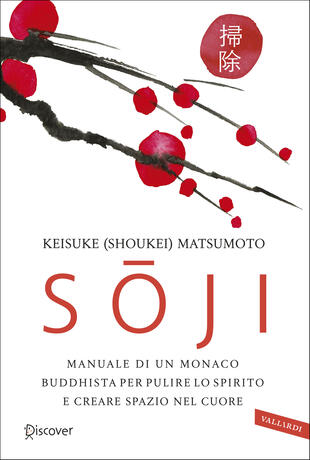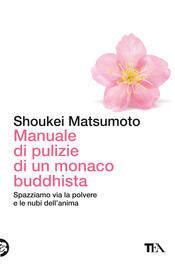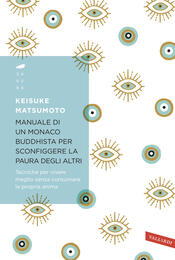Sōji
Tutti i formati dell'opera
Acquistalo
Sinossi
PULIRE È PRENDERSI CURA DI SÉ E DEL MONDO
UN GESTO CHE FONDE MENTE, CORPO E SPIRITO
La Via del Buddha non si fonda soltanto su saggezza, religione e filosofia. I modi per praticarla sono molteplici: sōji – letteralmente «fare le pulizie» – è, secondo Matsumoto, quello più efficace e alla portata di tutti, senza limitazioni di età, sesso, ceto o cultura. In realtà la parola sōji nasconde un significato più profondo e sostanziale. Che vi siano impegnati manager o studenti, monaci o insegnanti, sōji è sempre espressione della cura esercitata sull’ambiente che ci circonda, sugli altri e, dunque, su noi stessi. In quest’ottica, l’atto del pulire diventa una disciplina che allontana il caos e rende limpida la mente. Non a caso, in Giappone i monaci dedicano più tempo alle pulizie che ad altre attività del tempio, e questa pratica si è rivelata efficace nel trattamento di stress, ansia e depressione. Certo, usare la scopa non basta. Per trasformare l’atto delle pulizie in sōji è necessaria una predisposizione mentale specifica: nel suo ultimo libro il celebre monaco buddhista ci spiega come farlo, aiutandoci a rendere l’anima forte e l’attenzione cristallina.
Sōji ci insegnerà a:
• percepire le cose come sono, senza costruzioni mentali
• non rimuginare sul passato o sul futuro, ma concentrarsi pienamente sul presente
• essere consapevoli che non tutto va come desideriamo
• abbandonare il pensiero di superiorità nei confronti degli altri
• migliorare le relazioni grazie alla condivisione e al rispetto reciproco
• trovare l’armonia con l’ambiente circostante
• trasformare il mondo, attraverso le pulizie, in un luogo sacro come un tempio
- ISBN: 8855050478
- Casa Editrice: Vallardi
- Pagine: 160
- Data di uscita: 31-10-2019







